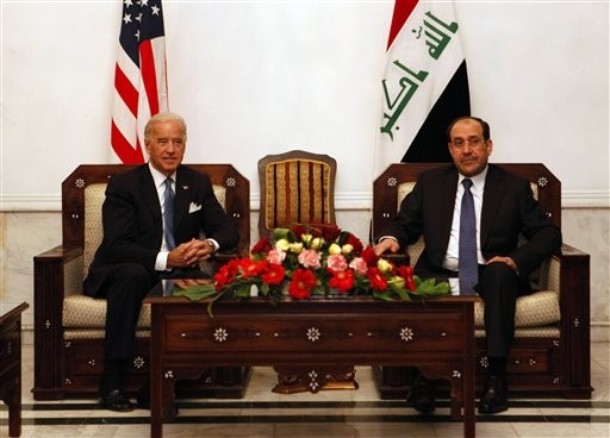
It's an oft-recounted story but one that appears to need frequent retelling. In the immediate aftermath of the worst terrorist massacre in this country's history, U.S. forces swept into Afghanistan and quickly pushed the Taliban and al Qaeda into neighboring Pakistan. Having failed to kill the leader of either the Taliban or al Qaeda, and unsure about the relative strength of the group following initial combat, the Bush administration nonetheless shifted its focus, intelligence assets and diplomatic attention to launching a war against Saddam Hussein.
Throughout the years of that conflict, the Bush administration spent most of its energy and attention trying to fix the mess it had made in Baghdad, all the while the Taliban crept back into Afghanistan, ramping up its insurgency. It's not that the Bush administration wanted an insurgency in Afghanistan to rear its head - but it had a much more pressing problem (entirely of its own making) in Iraq.
Now the Obama administration faces the opposite problem. Iraq is relatively stable, Afghanistan is a mess. So naturally, the administration is focusing on Afghanistan. But it's not like things in Iraq are on a sure-fire path to success and we're hearing an increasing number of warnings that the Obama administration is "ignoring" Iraq. Some of this is just partisan positioning - so that if Iraq falls apart, the surge advocates who spent so much time trumpeting victory have an easy scapegoat when the wheels come off. But some of it, like Peter Feaver's post here, seems born of a genuine desire not to see a hard fought stability vanish in Iraq.
And it is a legitimate and important question: what should America's relationship be with Iraq? But implicit in many of the voices raising this question is the assumption that America must take an active role in shaping Iraq's political evolution.
Unfortunately, the government has only so many hands on deck and not many of them possess the unique skills and ability to micro-manage the political evolution of Iraq to our liking. If such a capacity was available in the United States, one wonders why it was not pressed into service in the years circa 2003 - 2008. But more importantly, this underscores a very important and what I took to be conservative maxim that the government should not endeavor to do too much.
(AP Photo)











